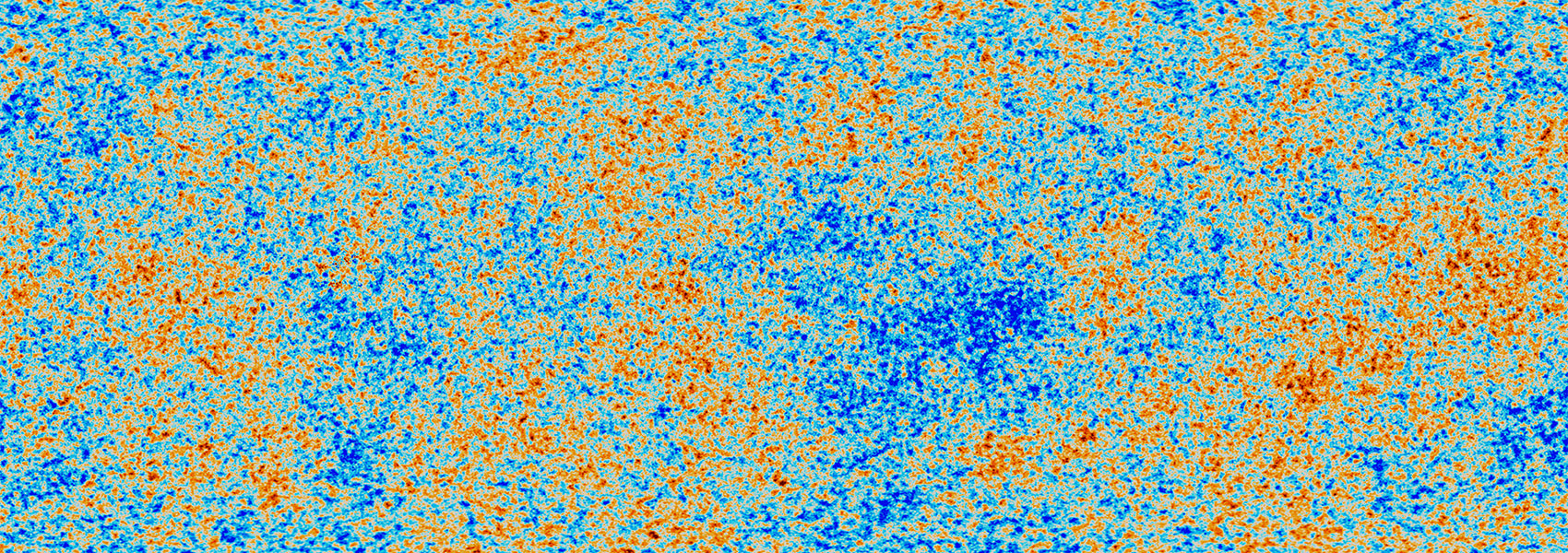// High Contrast Imaging of Exoplanetary Systems and the WFIRST Coronagraph (Part II)
Lessons from post-processing studies and next steps // The coronagraph on the future space-based telescope WFIRST will reach raw contrasts up to 10^‐8‐ 10^‐9, enabling detection and characterization of dozens of giant exoplanets. The number of detected exoplanets will be limited by residuals speckles, uncorrected by the hardware. If post-processing can help to reach higher levels of contrast, the short lifetime of this mission will ultimately limit the number of detected planets. Consequently, direct imaging from space with very limited lifetime telescopes presents a difficult challenge: what is the best detection strategy to maximize the number of detections? In this talk I will briefly review the current status of post-processing for high contrast imaging. Then I will describe the specific challenges of WFIRST and propose two different ways to tackle them. Finally, I will address some specific next steps for the future development of post-processing techniques and reduction pipelines in the context of the WFIRST project, with an emphasis on the comparison between different detection strategies.



